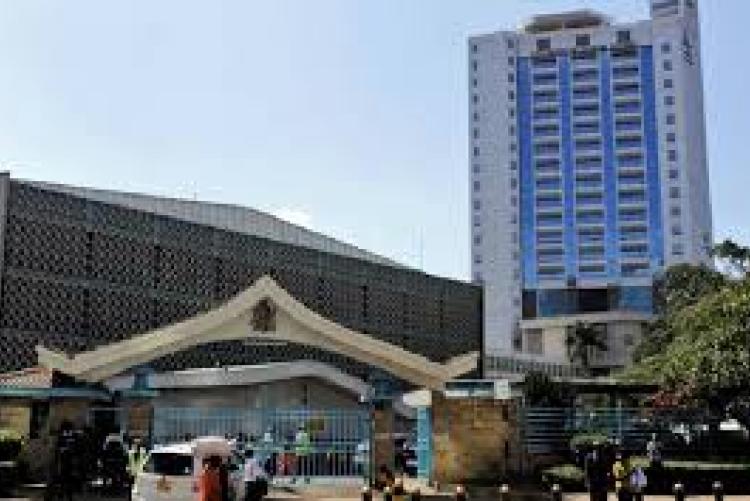The University of Nairobi (UoN) has drafted legislative proposals, which include a clause shielding employees from being fired during the Covid-19 pandemic.
The Covid-19 Response and Management Draft Bill also seeks to bar Kenya Power and all water companies from disconnecting crucial services to their clients due to non-payment until the country is declared coronavirus free.
The Bill also pushes for reconnection for those cut off from power and water before the pandemic was declared, and compels providers to offer the services until Covid-19 is defeated.
The draft document further seeks to compel the government to provide life insurance for all healthcare professionals for 12 months, even after the end of the pandemic.
Health workers, who are the frontline foot soldiers in the fight against the disease, have ended up contracting the virus. Others lost their lives, according to Covid-19 global statistics.
The proposals have since been submitted to Attorney General Paul Kihara for government consideration before it can be taken to Parliament.
“Notwithstanding the provisions of the Employment Act, no employer shall terminate, lay off or declare any employee redundant during the pandemic, and for a six-month period thereafter,” reads the document prepared by the university in collaboration with experts in public health, corporate governance and other sectors.
Since the outbreak of Covid-19 disease in Kenya, several private companies have sent their employees on leave while others were considering laying off due to the economic impact of the disease.
Several other corporate organisations have also effected pay cuts to their employees to keep them afloat during this period when businesses have taken a beating.
According to the university, the proposals prepared by the Faculty of Law seeks to safeguard and protect the rights of citizens during the period the pandemic will last. And to protect vulnerable families from hunger, the document wants national and county governments to provide food rations and cash transfers to cushion them from the economic impact of the pandemic.
The government has started providing direct support to vulnerable families through cash transfers to the elderly as well as families in informal settlements.
“Cabinet Secretary responsible for Interior and Coordination of National Government, in coordination with county governments, shall undertake a rapid assessment to map households and individuals facing food insecurity and acute lack of essential supplies and determine, in each case, whether it is appropriate to provide food, essential supplies or periodic cash grants,” proposes the document.
“Ensure physical access to food that meets the minimum dietary needs of persons or communities during the Covid-19 pandemic,” it adds.
The draft Bill states that it will be an offence for any person to divert or refuse to distribute food supplies to the vulnerable families.
It also seeks to compel the government to deploy a sufficient number of counsellors, psychologists and psychiatrists to provide mental health support to individuals and families whose support systems have been disrupted by the pandemic.
To protect the environment, the university has proposed to relevant ministry to undertake a rapid assessment to map out all facilities used in the fight against the disease.
- Log in to post comments

